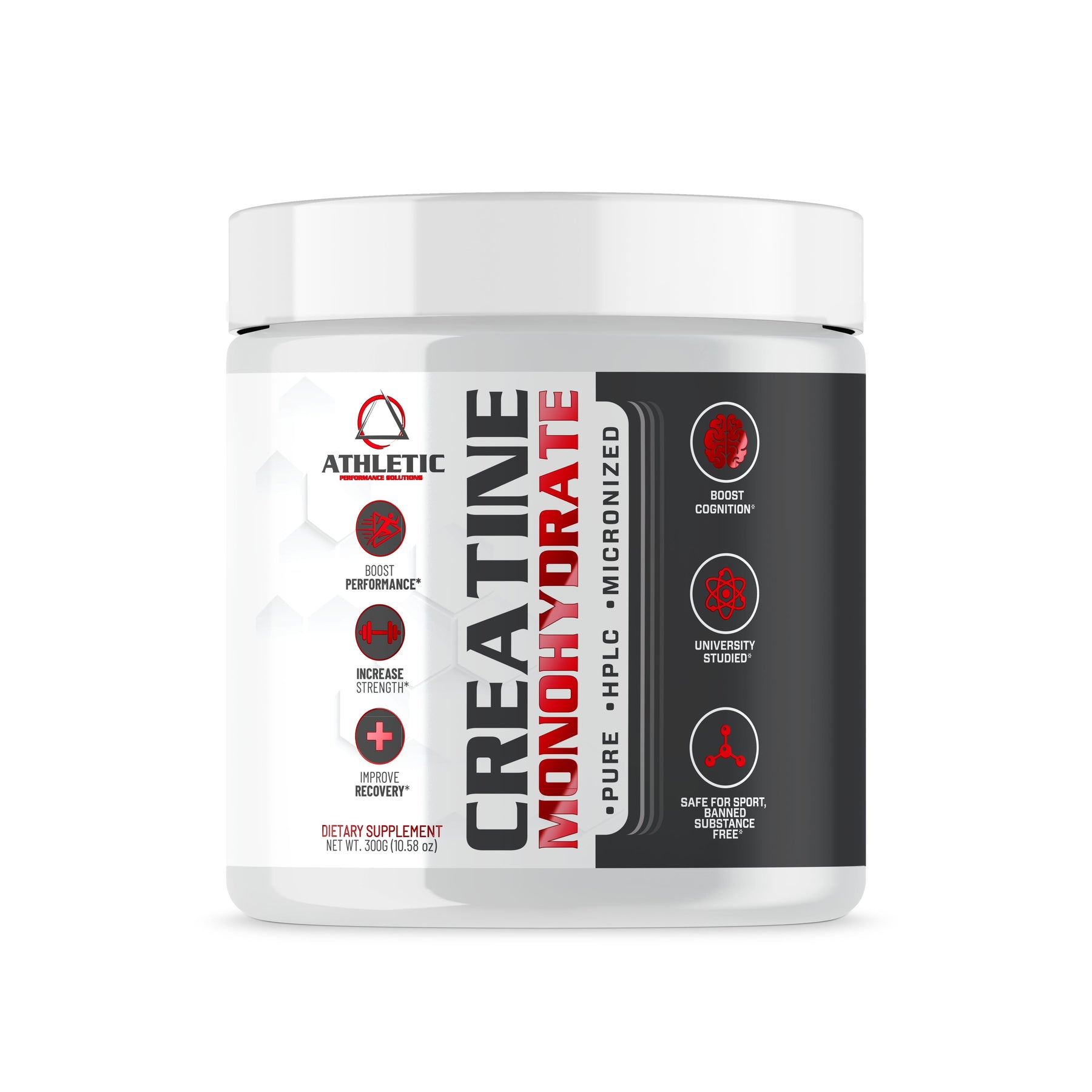
Creatine for Women's Health
Creatine for Women's Health: Benefits, Safety, and Dosage
Creatine, a naturally occurring compound found in muscle cells, has long been associated with enhanced athletic performance. However, recent research highlights its potential benefits for women's health beyond just strength gains. This article explores the various ways creatine can positively impact women's well-being, addressing safety concerns and providing guidance on appropriate dosage.
Benefits of Creatine for Women
While traditionally marketed towards male athletes, the benefits of creatine extend significantly to women. These include:
- Increased Strength and Muscle Mass: Creatine supplementation can lead to noticeable increases in strength and lean muscle mass, particularly when combined with resistance training. This can be particularly beneficial for women aiming to improve body composition and overall fitness.
- Improved Physical Performance: Creatine helps replenish adenosine triphosphate (ATP), the body's primary energy source. This translates to improved performance in high-intensity activities like weightlifting, sprinting, and other forms of exercise, leading to better workout results.
- Enhanced Cognitive Function: Studies suggest that creatine may positively impact cognitive function in women, potentially improving memory, focus, and overall brain health. This is particularly relevant for women experiencing age-related cognitive decline.
- Bone Health: Some research indicates that creatine may contribute to improved bone mineral density, which is crucial for preventing osteoporosis and fractures later in life.
- Reduced Muscle Damage: Creatine may help reduce muscle damage and soreness after intense workouts, leading to faster recovery and decreased risk of injury.
- Improved Insulin Sensitivity: Certain studies indicate a potential link between creatine supplementation and improved insulin sensitivity, which can be beneficial for managing blood sugar levels.
Safety and Side Effects
Creatine is generally considered safe for women when taken at recommended doses. However, potential side effects may include:
- Weight Gain: Creatine can cause a slight increase in weight, primarily due to water retention. This is often temporary and not a cause for concern.
- Gastrointestinal Issues: Some women may experience mild gastrointestinal upset such as bloating, nausea, or diarrhea, particularly when starting supplementation. Gradually increasing dosage can help mitigate these effects.
- Muscle Cramps: While rare, muscle cramps may occur in some individuals.
It's crucial to consult with a healthcare professional or registered dietitian before starting any creatine supplementation, especially if you have pre-existing medical conditions or are taking medications.
Dosage and Usage
The optimal creatine dosage for women varies, but a common recommendation is 3-5 grams per day. This can be taken in a single dose or divided into smaller doses throughout the day. Many choose to take it post-workout.
Cycling creatine (taking it for several weeks followed by a break) is often recommended to manage potential side effects and maximize results. However, the evidence for the necessity of cycling creatine is limited.
Conclusion
Creatine offers a range of potential benefits for women's health, extending beyond athletic performance to encompass cognitive function, bone health, and metabolic health. When used responsibly and under appropriate guidance, creatine can be a valuable addition to a healthy lifestyle. Stop in or call to visit with one of Nutrition Authority’s Nutrition Coaches if you have further questions.
You can find out about our best selling creatine here- https://mynutritionauthority.com/products/aps-creatine-monohydrate-300g?_pos=1&_sid=4f057670a&_ss=r
Disclaimer:
This article is for informational purposes only and does not constitute medical advice. Always consult with a qualified healthcare professional before making any changes to your diet or supplement regimen.

